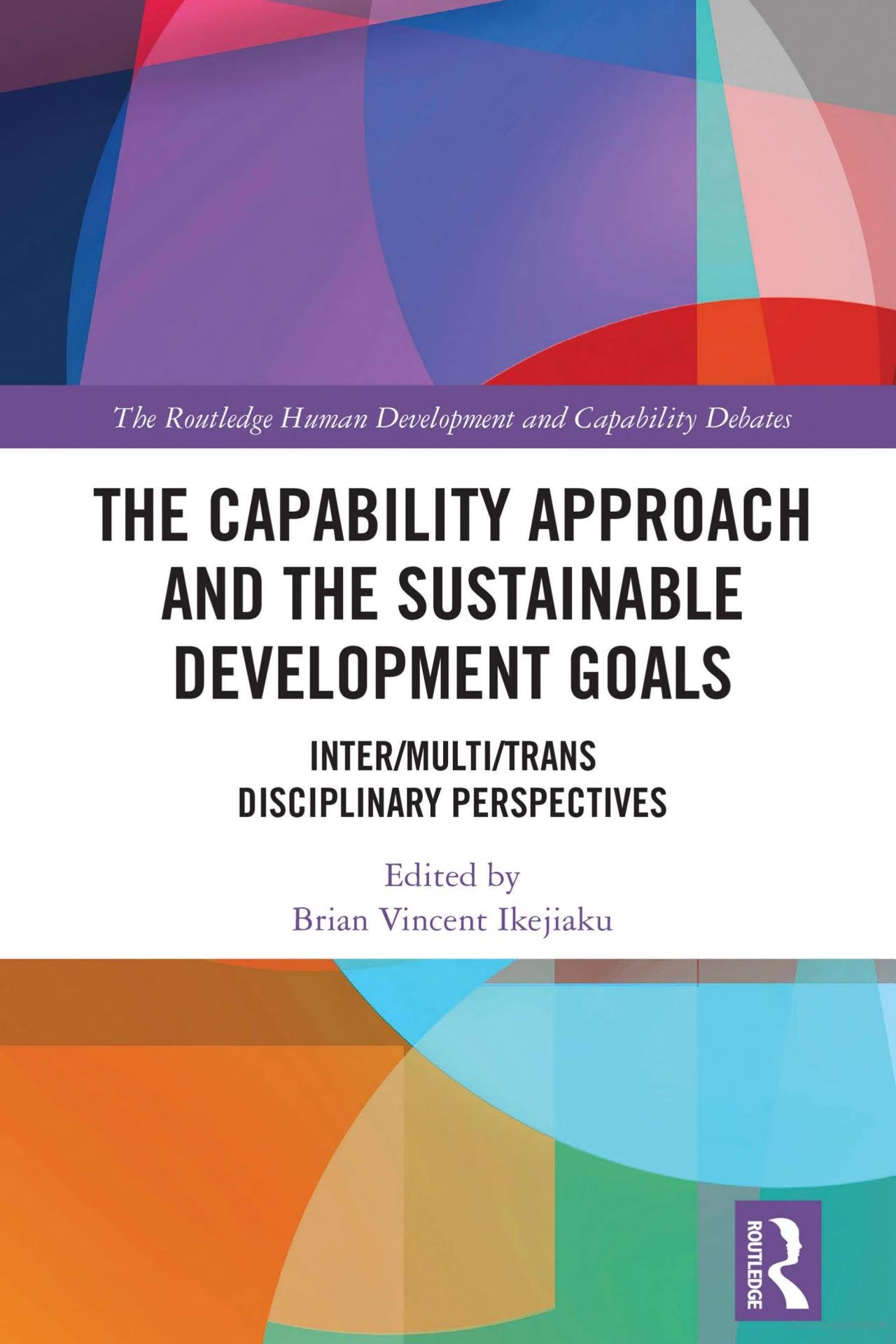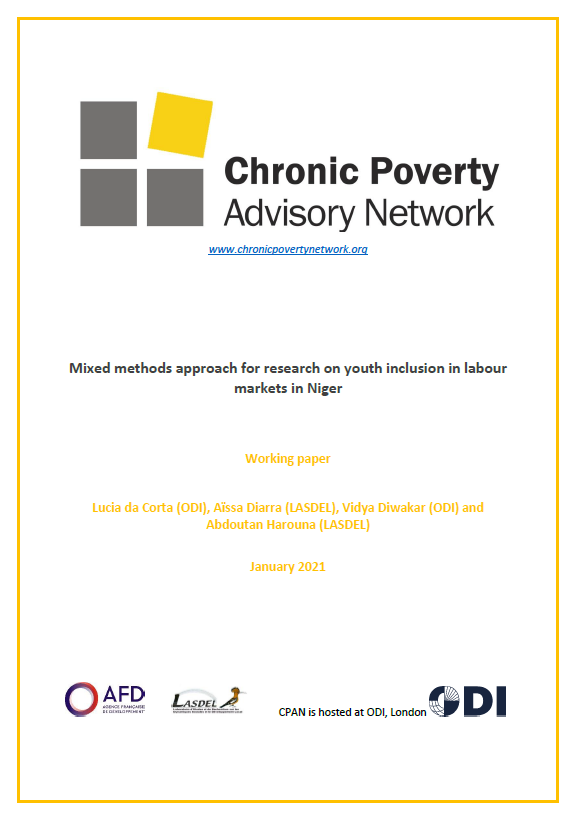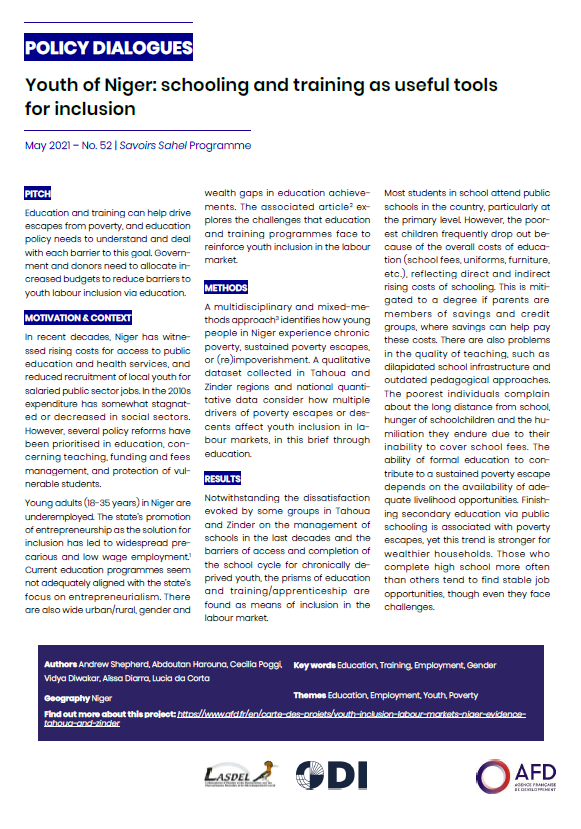This book demonstrates how the capability approach to human development can contribute to the realisation of the 2015 United Nations Sustainable Development Goals (SDGs). The capability approach dictates that success should not be measured by economic indicators but by people leading meaningful, free, fulfilled, happy, or satisfied lives. Drawing from a range of disciplinary perspectives, this book argues that it is vital that the focus for the SDGs should shift to benefiting the most vulnerable. Case studies from across Asia, Africa, Latin America (Global South), and the United States, the United Kingdom, and Australia (Global North) consider how the capability approach can contribute as a practical framework to achieving the SDGs’ ambitions for social, economic, political, and legal progress.
The chapter on "education and sustained poverty escapes in sub-Saharan Africa" authored by CPAN analyzes the interrelationship between education (SDG 4) and sustained poverty reduction (SDG 1). It draws attention to the role of education as an asset supporting resilience, as well as other factors that combine with education to contribute to capabilities that enable sustained escapes from poverty. To investigate this relationship, the chapter synthesizes mixed-methods research by CPAN in Tanzania, Rwanda, Niger, Malawi, Ethiopia, Uganda, and rural Kenya.
The chapter argues that a combination of multi-level factors supporting education has the transformative potential to convert into sustained escapes from poverty. Indeed, people construct strategies for escaping poverty using education as an instrumental asset, yet few achieve sustained escapes. To promote sustained escapes, there is a need for more and better-quality education certainly, but also for multi-level conversion factors that can contribute to education and wider wellbeing outcomes. These are policies that can be consciously directed as well as people’s own adaptive strategies, alongside processes of social change. Examples of factors that support education include labor market links, livelihood diversification, social networks, spousal collaboration, shifts in cultural and gender norms to support girls’ education, and an enabling policy context. This combination involving multiple conversion factors alongside education is argued to be ‘transformative’ in paving the way for sustained poverty escapes.




